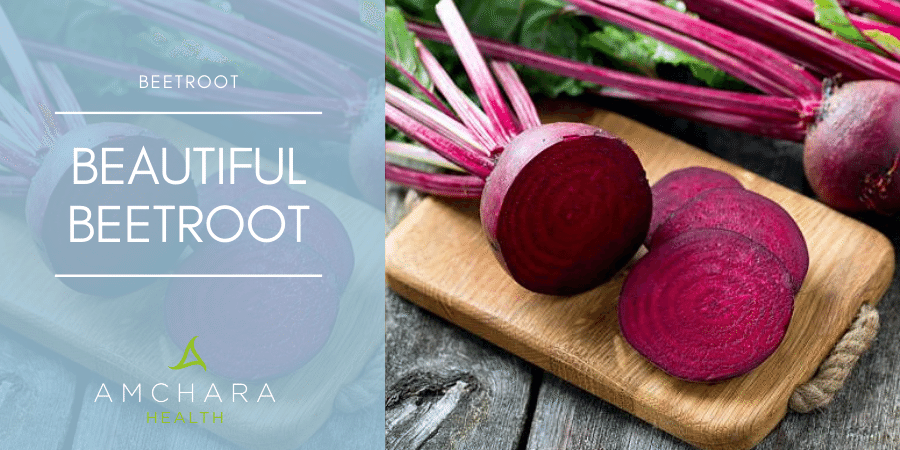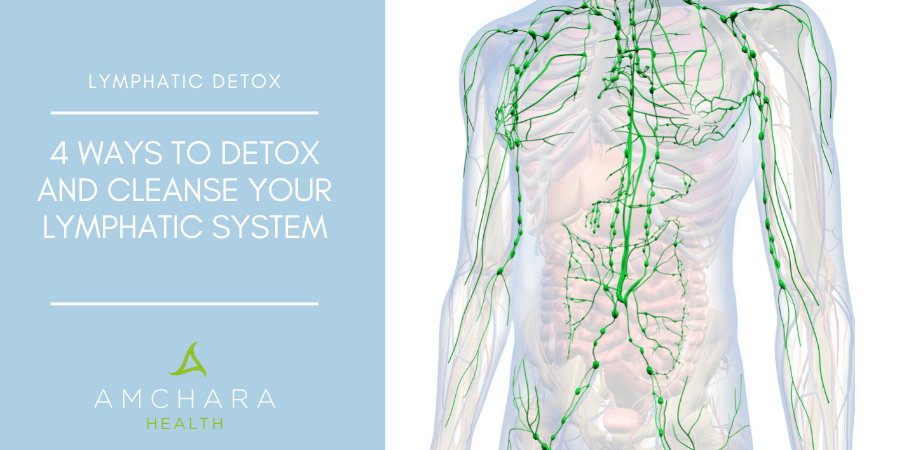Beetroot is wonderful vegetable and it can help to boost your stamina, great for those winter days when you don’t feel you can get through the dark days!
But there are loads of reasons to eat beetroot for your health and there are so many ways to eat, drink and enjoy it too so it’s something to really get stocked up on this winter.
Remember, you just can’t beat beets!
What is Beetroot?
Beetroot is a deep red vegetable that is actually something that you can grow and harvest for around six months of the year.
The most popular variety has a deep red skin and inside is a juicy deep burgundy soft flesh that is very easy to cut through.
There are other varieties available including white & red striped, yellow and white. It has a fantastic earthy flavour.
Beetroot is very popular in the UK and it can be eaten raw, boiled, grilled, juiced, pickled and roasted – there really are so many different ways that you can enjoy beetroot and as it costs so little it’s a fantastic vegetable to eat several times a week.
The Health Benefits of Beetroot
Beetroot became popular in the Roman times and was used regularly for its medicinal advantages such as the treatment of constipation, wound healing and fever. It has since been discovered that beetroot has a wide range of health benefits.
Beetroot contains magnesium, potassium, iron, vitamin A, vitamin B6, vitamin C, folic acid, soluble fibre, protein and carbohydrates.
It is also renowned for its antioxidant properties. Something else to consider that is very interesting is that by eating only 3 baby beetroots per day, you will have had your 5-a-day!
Some of the main benefits of beetroot include:
Blood Pressure
Research has shown that blood pressure can be controlled by consuming beetroot as part of your normal diet.
This of course has a knock on effect and reduces the risk of heart attacks, stroke, angina and heart disease.
What’s behind this is the high amount of nitrates in beetroot, which broaden the blood vessels in the body and this reduces your blood pressure.
All you need is ¼ litre of beetroot juice to get maximum effect.
Dementia
A recent US study has shown that beetroot can help to fight dementia thanks to its large quantity of nitrates, and it may also help to protect you against Alzheimer’s disease.
Soluble Fibre
There’s plenty of soluble fibre in beetroot, so it can help with constipation and bowel problems, but not only that, it can also help to lower levels of bad cholesterol by preventing it from being oxidised and deposited in the blood vessels and main arteries.
Blood Sugar Levels
It is well known that beetroot contains virtually no calories and is almost completely fat-free, and what’s more it converts to sugar very, very slowly so it helps to maintain and control blood sugar levels, making it an ideal food to eat for diabetics.
Folic Acid
Folic acid is needed in the body to promote tissue growth, and beetroot contains a lot of it, thus it helps with your health.
Folic acid is also extremely important in the first trimester of pregnancy as it ensures proper development of the baby’s spinal cord, and this is why women are recommended to take folic acid supplements for 3 months before and three months into pregnancy.
This means that beetroot is a great thing for expectant mothers to eat.
Anaemia
Beetroot contains a large amount of iron, which is what anaemic lack and so it can help with this condition. It is also good for energy for this reason.
Osteoporosis
Mineral silica helps your body to absorb and use calcium taken in from foods, and beetroot contains this mineral which helps with bone health and reduces the risk of osteoporosis.
Antioxidant
Beetroot contains betacyanin, which is a pigment that gives beetroot its vivid red colour.
Betacyanin is also a powerful antioxidant so it’s a great vegetable to get in your diet to help fight against common diseases and cancer.
HOW TO EAT BEETROOT
Beetroot is such a diverse vegetable and you can eat it in many different forms as we mentioned.
One of our favourite ways is to consume it in juices, and because of its wonderful nutritional content, it makes it perfect to have in juices when you’re doing juice fasting.
If you’re more partial to a nice warm oven roasted dinner, why not indulge in roasted beetroot as a side dish to keep your warm and healthy during the winter! Pickled beetroot is also a yummy snack and can be added to salad to give them a bit of a kick, and you can also add it raw.
It really does make for a more colourful plate at lunch or dinner.
If you’d like to find out more about our juice fasting programme or any of our other retreats, please feel free to look on our website or get in touch.
More Beetroot Benefit Related Stories:






